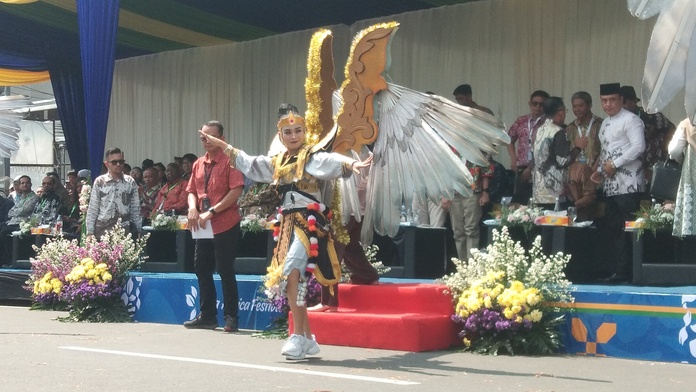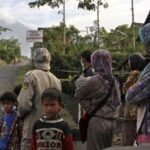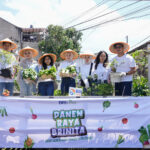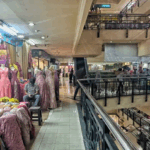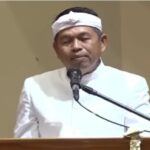The spirit of cross-national togetherness once again echoed in the heart of Bandung City. Thousands of residents packed the Asia Africa Street area, witnessing the magnificence of the Asia Africa Festival (AAF) 2025 which took place joyfully and colorfully.
The Deputy Mayor of Bandung expressed pride and happiness over the success of this annual cultural event.
According to him, AAF is not only a public entertainment event, but also a symbol of international brotherhood and solidarity that reinforces Bandung’s role as a historic city in the eyes of the world.
“Of course Bandung is a source of pride. With this Asia Africa event, Bandung is becoming more legendary, more global. I am very pleased and happy that Asia Africa Festival 2025 was welcomed with joy and full of enthusiasm. All delegations were present, there were 16 delegations participating,” he said after attending the peak event on Asia Africa Street.
He also expressed appreciation to all parties who contributed to the organization of AAF 2025.
He considered the success of this event to be the result of close collaboration between the government, cultural communities, and the public.
“I thank the mayor, the regents, and all government elements present here, including support from the Ministry of Tourism and Creative Economy and the sponsors. All stakeholders from the province, city, to regency played an important role in presenting their best culture in this festival,” he stated.
Carrying the theme New Generation of Asia Africa Spirit, 2025 presented a series of activities at various points in Bandung City. Starting from art performances in Cibiru and Ujungberung, cultural performances at Mayang Sunda, to closing events at Savoy Homann Hotel and Grand Preanger, two historic places that were important parts of the 1955 Asia-Africa Conference.
He mentioned that although this year’s concept was simpler compared to previous editions, its meaning was deeper and more touching.
He considered the spirit of mutual cooperation and creativity of Bandung residents to be the main energy that brought this festival to life.
“This festival is a form of real collaboration between the government and the community. Although simpler compared to previous years, it feels more touching and full of meaning. There were dances from all delegations that were incredibly beautiful,” he said.
One performance that left the deepest impression on him was the pencak silat from the Indonesian delegation. He called this traditional martial art a symbol of elegance, strength, and the philosophy of the nation’s culture.
“All performances were good, but the most memorable for me was pencak silat. That’s my idol, because it depicts the identity of our nation,” he expressed.
2025 reaffirmed Bandung’s position as a city of world cultural diplomacy. Through this festival, the spirit of the 1955 Asia-Africa Conference continues to be kept alive in the form of cultural collaboration, mutual cooperation, and friendship between countries.
With the support of thousands of residents and participation of 16 country delegations, AAF 2025 became real proof that Bandung is not only known for its history, but also for its ability to preserve cultural heritage and the spirit of cross-national unity.
Bandung further affirmed itself as a city that is not only remembered by history, but also continues to spread the spirit of solidarity and friendship to the world.

